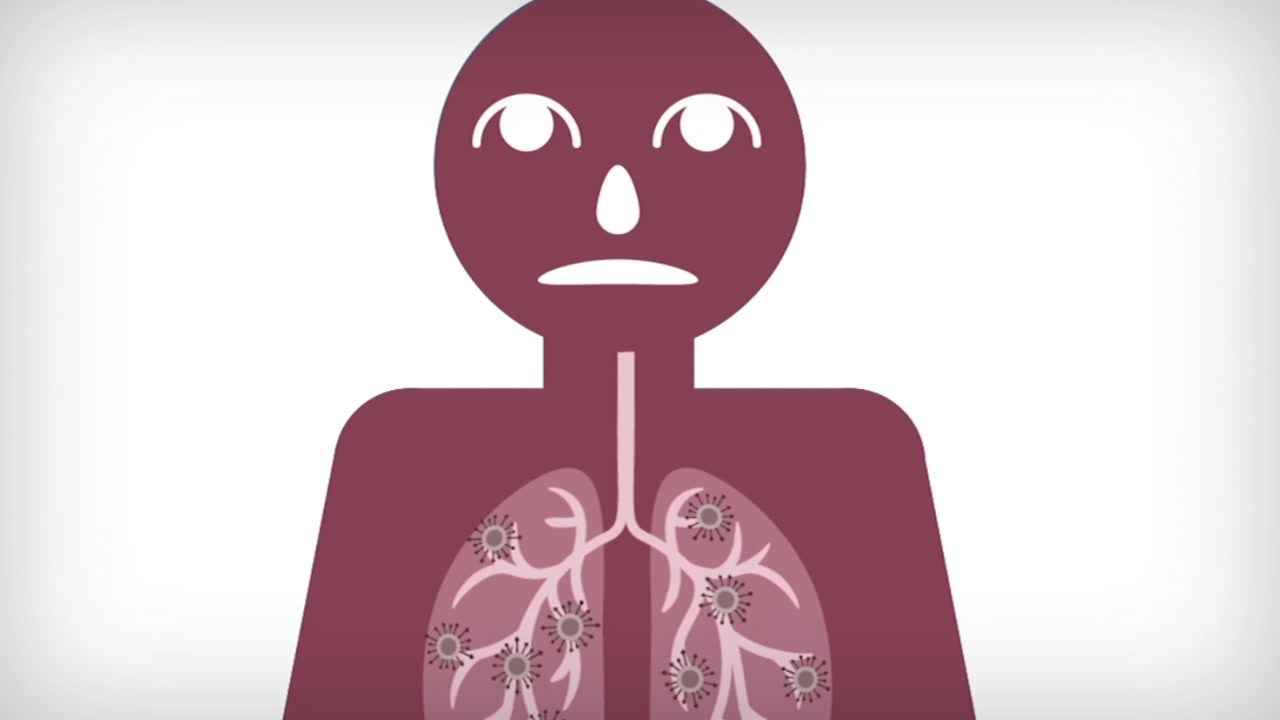Every week, millions of individuals in the United States test positive for COVID-19, and the Food and Drug Administration (FDA) predicts that the virus will infect the majority of the population at some moment. With accumulating evidence suggesting the omicron version is likely to produce lesser sickness, some individuals may be considering the following: Why not urge Omicron to infect us so so we can get over it?
According to infectious disease specialists and physicians, doing so is not a brilliant idea for various reasons. Never throw away your mask, and never even consider holding a chickenpox party in the manner of the 1970s if you want to avoid spreading the disease. The reason behind this is as follows:
1. You may Become Sicker than You Would Want to Be
In an interview with All Things Considered, Dr. Ashish Jha, a physician and Dean of the Brown University School of Public Health, stated that even for patients who get a booster shot, they might still be “quite miserable” for a few days after that. Why would one look into it?
Dr. Emily Landon, an infectious disease physician at the University of Chicago Medicine, states that while many people report that Omicron causes a milder illness than the common cold or flu, the truth is that it’s probably somewhere in between what you think of as a common cold or flu and the COVID that we had previously. In addition, there are still a lot of hazards associated with developing COVID.
Moreover, even if you do not have any risk factors that place you in the vulnerable group, such as advanced age, you may still get very ill.
Even if you just have a minor case, you will lose out on important aspects of life if you isolate yourself.
2. You May be Able to Transfer the Infection to other Susceptible Individuals
When you are infected with COVID, you have the potential to unwittingly distribute it to others before you show any signs of illness. According to epidemiologist Bill Miller of The Ohio State University, you may infect your family, roommates, coworkers, or even random folks at the grocery store with the virus.
He explains further that although you may have deliberately decided to expose yourself to the virus and get infected, other individuals have not made the same decision. Aside from that, they could be in a more considerable danger than you are.
Miller asserts that you have imposed your choice on others and that your decision may result in catastrophic sickness or perhaps death.
According to Dr. Judy Guzman-Cottrill, professor of pediatrics at Oregon Health & Science University, spreading the disease to a kid who is still too young to be vaccinated is also possible. People are witnessing an increase in ill children being admitted to hospitals with COVID pneumonia, croup, and bronchiolitis throughout the nation.
3. Your immunity Will Only Last a Few Months, Not Many Years
In contrast to chickenpox, contracting a COVID-19 infection does not provide a free pass from prison for very long.
According to Jeffrey Townsend, a professor of evolutionary biology and biostatistics at the Yale School of Public Health, two key factors influence how effectively your immune will defend you. First and foremost, antibody levels: your antibodies surge immediately after receiving a shot, booster, or illness, and you are less likely to get ill as a result. Unfortunately, the levels do not remain high indefinitely.
Second, the changing nature of the pathogen: as the virus changes and new varieties arise, our diminishing antibodies may become less effective at targeting the new versions of the virus. It’s important to note that Omicron is an excellent example of a virus that has altered its genetic makeup to be able to infect humans indefinitely – this is what the phrase “immune evasion” refers to.
Is there a limit to how much time an infection can pick you?
While it is difficult to provide a specific response, Townsend’s team predicts that reinfection might occur anywhere between three months and five years after infection, with a median of 16 months after infection. On the basis of a study of data from earlier antibodies to previous coronaviruses, this conclusion has been reached.
He added that you should be put on notice anywhere between three and sixteen months. It’s time to start the clock all over again.
4. You may Contribute to the Current Problem in the Healthcare System
Hospitalizations are at epidemic levels, and hospital resources and personnel are strained in many locations, which means your infection might add to the stress on already overburdened systems, adds Miller.
Miller explains that your choice to allow oneself to get sick may set off a chain reaction of diseases that, often unwittingly, causes an increase in the number of individuals who need hospitalization.
Because of the influx of COVID patients, not only are healthcare personnel anxious and weary, but people with other health issues are being turned away or even dying as a result of the influx of COVID patients.
Landon added that contributing to that would be profoundly unethical, and you don’t want that hanging over your head in terms of karma.
5. If You Get Ill Today, You May Not be Able to Acquire Therapies that Are Now in Low Supply Due to The Current Economic Climate
Monoclonal antibody infusions, which are among the most efficient therapies available for preventing severe sickness caused by COVID, are now in low supply.
Landon explains that because we don’t have as many monoclonal antibodies as we had when we had delta, we can’t save individuals as effectively as we could when we had delta.” The drug [Sotrovimab] is fully depleted, and doctors have no way of knowing when another supply will arrive at our facility, he warns.
In other hospitals, there have been similar reports of a scarcity of the monoclonal antibody that has been proved to be effective against the bacterium Omicron.
Similarly, new antiviral medications, such as Paxlovid, a Pfizer treatment that must be used during the first few days after the onset of symptoms to be most effective, have the same issue. Landon claims that her facility has a limited supply of resources. She explains they’re not now accessible for the majority of people.
Furthermore, according to Jha of NPR, even better medicines may be available in the future. Over time, we’ll see an increase in the availability of treatments. So anything we can do to prevent more infections – they may be unavoidable, but there’s no need to risk them at this time – should be done.
6. It Has Not Been Ruled Out The Possibility of Receiving Extended COVID Following Omicron Treatment.
Omicron hasn’t been around long enough for us to know whether it will induce lengthy COVID in the same manner that other versions have done in the past. It has been shown that vaccines can lessen the likelihood of having lengthy COVID, but Landon states that we don’t know anything about how it works in omicron.
The fact that some persons with moderate illnesses acquire lengthy COVID is well known. In addition, many otherwise healthy persons develop COVID symptoms that continue for weeks or months, according to Miller.
Miller adds that we don’t know how long COVID will be in operation with omicron at this point — but I would argue that taking the risk is not worth it.
So, to sum things up…
Omicron gatherings are no longer acceptable, according to experts.
Despite the fact that it may seem unavoidable, Landon explains it is still worthwhile to avoid developing COVID if at all possible.
So What Was It About Chickenpox Parties that Were Different?
As Guzman-Cottrill explains, being infected with the Omicron version isn’t the same as having chickenpox — it doesn’t confer lifetime protection.
According to Ali Mokdad, chief strategy officer for population health at the University of Washington, even in the instance of chickenpox, persons who contracted the illness had a higher risk of developing shingles later in life, but people who received the vaccination do not.
He believes that since we do not know the long-term consequences of COVID, whether delta or Omicron, it is preferable to get our protection via vaccination.
And, according to Guzman-Cottrill, avoiding infection might assist in safeguarding us all:
“Allowing this virus to continue spreading does one thing: it gives the virus an opportunity to further mutate. I think it’s safe to say that nobody wants to see another new variant of concern in 2022.”











Leave a Reply